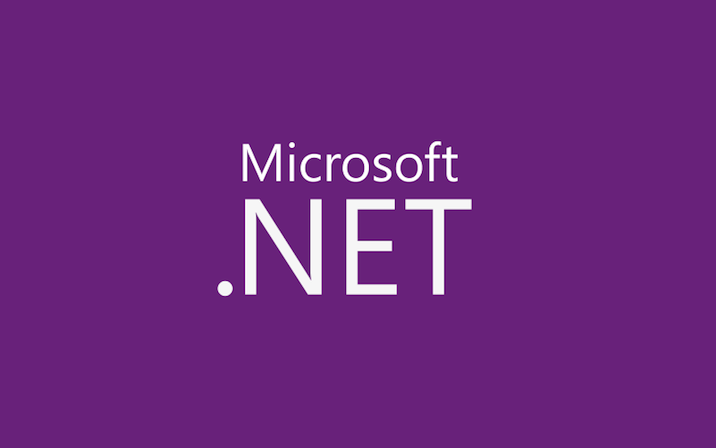


Building Async Coordination Primitives, Part 2: AsyncAutoResetEvent

Building Async Coordination Primitives, Part 1: AsyncManualResetEvent

Potential pitfalls to avoid when passing around async lambdas

When “ExecuteSynchronously” doesn’t execute synchronously

FromAsync(asyncResult, …) vs FromAsync(beginMethod, …)

Await, SynchronizationContext, and Console Apps: Part 2

Implementing a SynchronizationContext.SendAsync method

Await, SynchronizationContext, and Console Apps


 Light
Light Dark
Dark